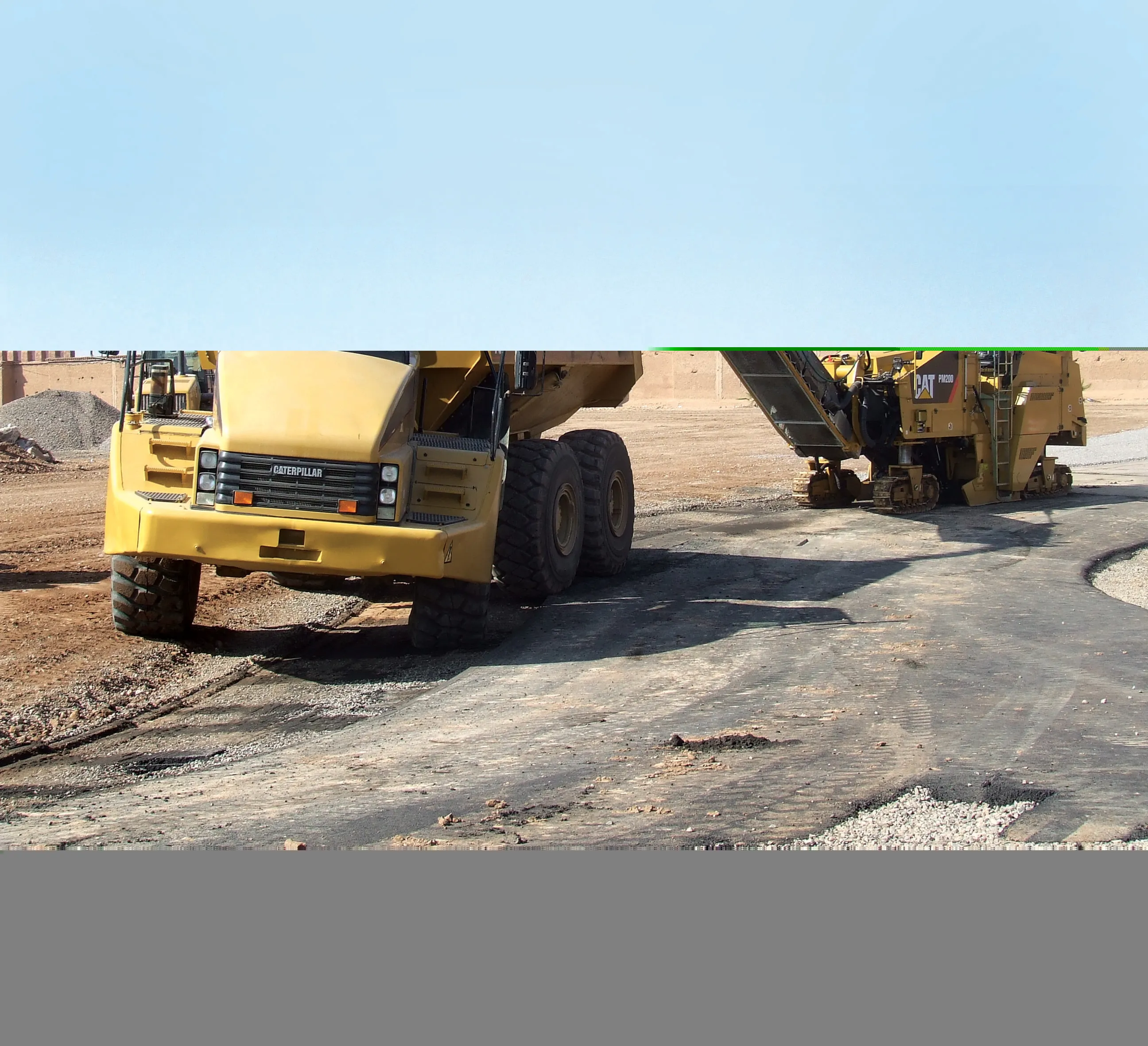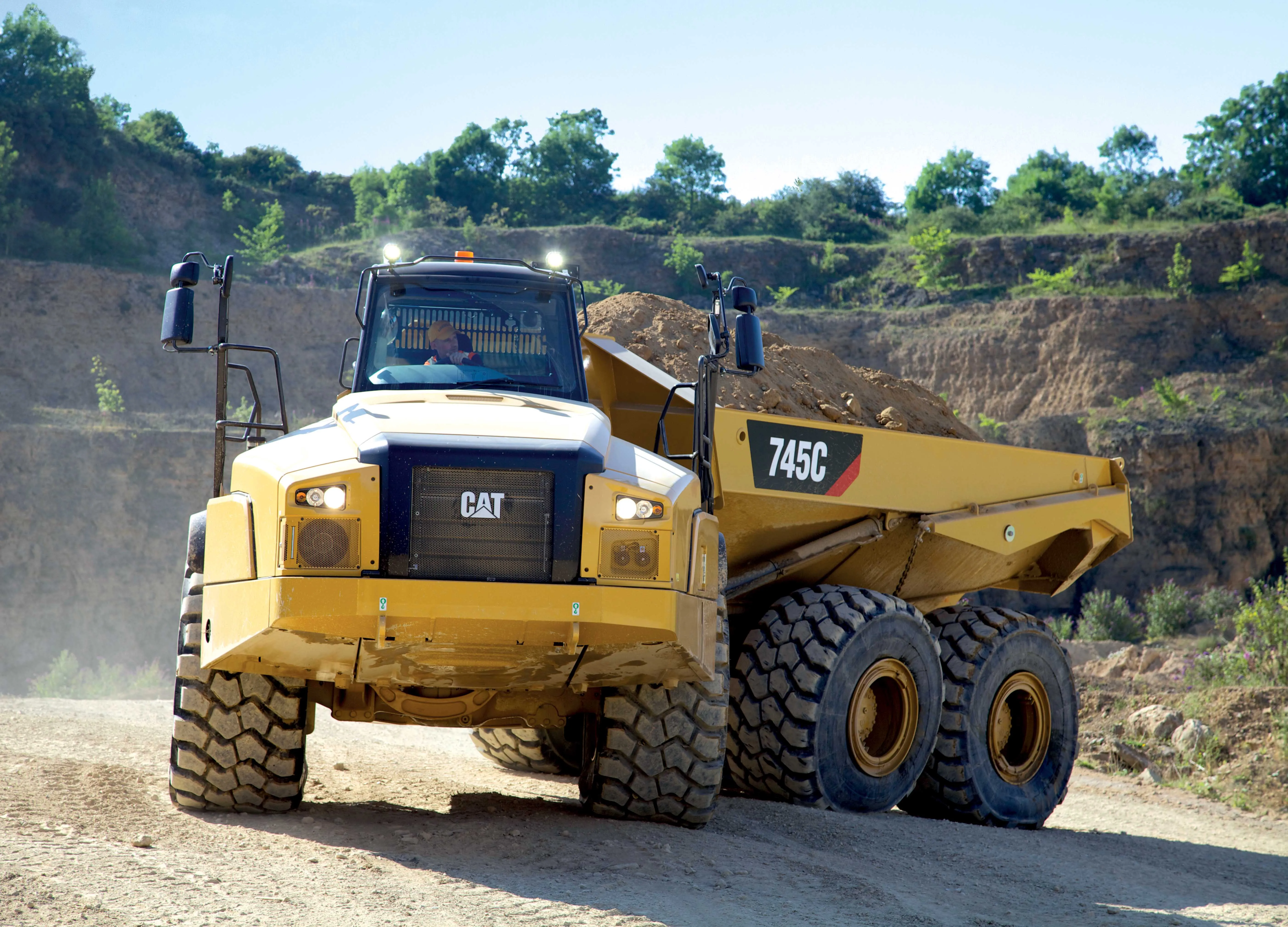Volvo Penta, the engine division of the Volvo Group, has developed a start/stop system for selected Stage IV/Tier 4 Final off-highway engines. Initially introduced in 2013, this second generation system is available on D5, D8 and D11 Stage IV engines, plus Stage III D11 motors. The system works by shutting down the engine when idle and restarting automatically when the equipment resumes operation. The system is said to offer fuel savings of 5-15%, depending on operation, also cutting exhaust emissions. A mo
March 4, 2016
Read time: 1 min









